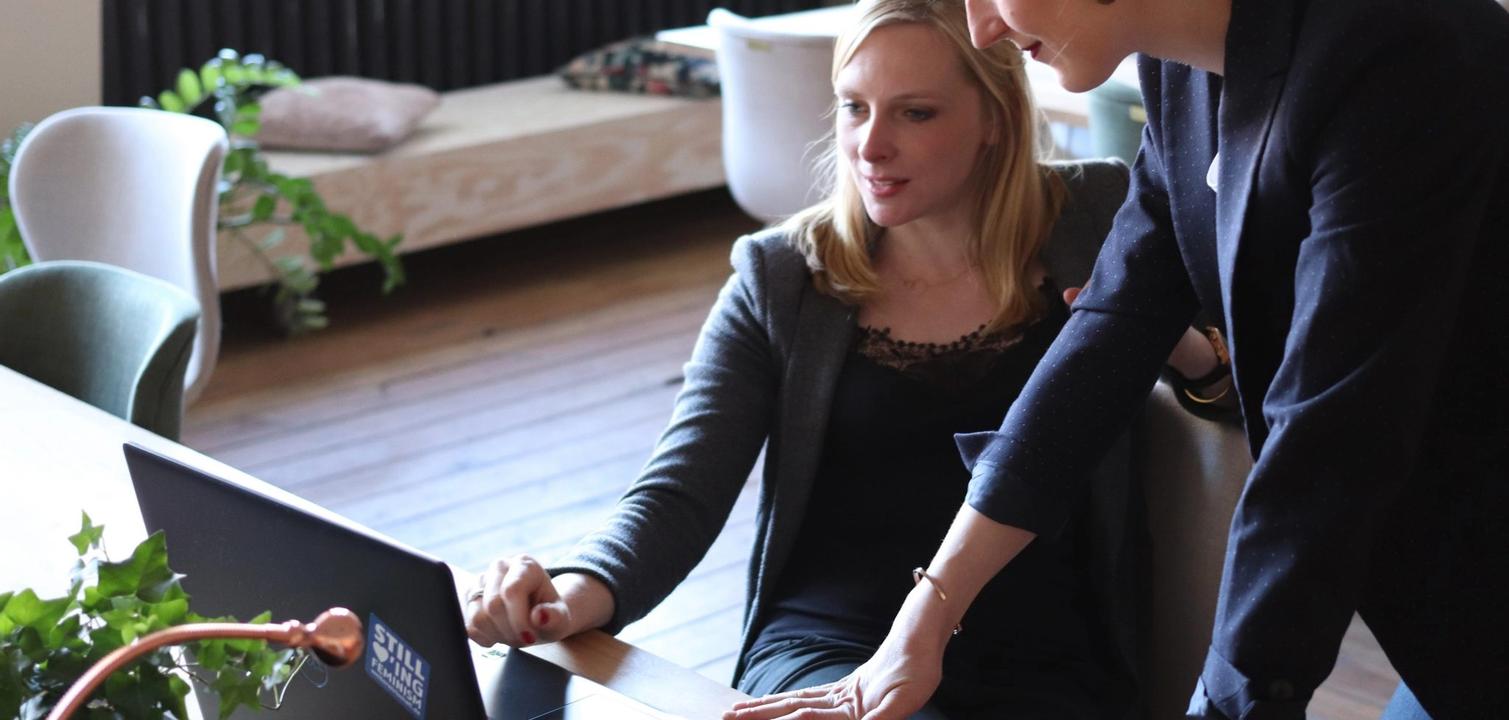3 ways to help your leadership team learn about digital

When we asked charities to tell us last year what the key issues were that they faced in digital, the main challenge wasn’t tools, data or platforms. It was about people, and specifically, leaders. In the 2018 Charity Digital Skills Report, which we run annually with Skills Platform, charity professionals told us that they expected greater digital leadership.
77% told us they wanted their senior team to provide a clear vision of digital and what it could help them to achieve, whilst 53% of respondents would have liked their senior team to have some experience or understanding of digital tools, growing from 46% the year before.
It will be fascinating to see how this has changed and we’d love to hear your views in this year’s report. Of course, there are some leaders who are not only championing digital but inspiring their charities to break new ground with it. But the stats from last year suggest that this is the exception, not the norm.
So if you’ve ever had a day when you felt like banging your head on the desk, asking why that person on your senior management team or board doesn’t get it, here are some techniques to help them develop their digital skills.
Encourage them to value what they know.
Having worked with hundreds of charity leaders in my time, I have occasionally come across people who are resistant to change. This can be frustrating, but I’ve learned that it’s an opportunity to see the world from this person’s perspective.
So I started listening to a lot more and asking open questions. And what I learned was that some leaders who have worked for decades to become experts in a particular field may see the advent of digital as a challenge. For example, I’ve worked with CEOs who’ve wondered if they are the right person to lead the charity after their digital transformation has been implemented.
I believe that anyone can develop good digital skills regardless of previous experience or age. Start by encouraging leaders to talk about what they’ve seen work well previously in successful organisational change. Get them talking about their leadership experience and insights from the organisations they’ve worked in. I’ve also had breakthrough moments when I’ve helped leaders approach digital issues as a business rather than technical problems. For example, if your charity is procuring a new website, a good place to begin is by suggesting they ask strategic questions such as ‘Why are we doing this?’ ‘ What does success look like?’ and ‘How do we know this is value for money?’
Plant a seed.
Sometimes the best coaching is done by stealth. That sounds a bit Machiavellian, but subtly getting people to go away and think can lead to behaviour change. So instead of saying to your director, ‘I just spotted that a similar charity to us has a new digital product and we’re going to fall behind if we don’t get with the programme on digital,’ try emailing them an article about it and say, ‘I thought you might be interested to see this new development from charity X’, and casually refer to what they’re trying to do with it which is also an aim of your charity (e.g. reach more people in a certain audience group). Leave it there. Get them to join the dots and then pick up the conversation when you next see them.
Intrigue them.
Helping leaders to make even tiny micro shifts in behaviour can build their confidence and nurture an interest in learning new skills. It could be that you offer to set them up with some new apps or tools on their iPad to save them time or point out insights from the data from your charity’s digital assets which could help them think differently about their strategy. Start small but be ambitious about the difference it could make to the way they work.
What do you think works well in helping charity leaders learn about digital? I’d love to hear about what you think is effective, and what isn’t.
Take The Charity Digital Skills Report survey. There are £200 of Amazon vouchers to be won by participants, and the deadline for responses is midnight on 24May. The results will be released in June.
Latest articles

In a world of growing uncertainty, small and local non-profit organisations often find themselves with competing priorities and struggle to plan how to allocate their available resources. Despite the increasing demand for their vital work, they are not always able to allocate the funds they receive to strategic planning and future growth.

As the world becomes more digitally-focused, it’s essential for nonprofits to have a digital presence. With more and more options for online engagement, we know that this can be challenging for nonprofits to tackle. But, we also know that it is a huge opportunity to increase audience engagement, awareness and fundraising. To help nonprofits navigate this, we’re going to explore the “whys” and “hows” of creating a nonprofit digital strategy. We’re even providing a free digital strategy canvas to help nonprofits improve their online presence in just a few steps.
Related posts

As the world becomes more digitally-focused, it’s essential for nonprofits to have a digital presence. With more and more options for online engagement, we know that this can be challenging for nonprofits to tackle. But, we also know that it is a huge opportunity to increase audience engagement, awareness and fundraising. To help nonprofits navigate this, we’re going to explore the “whys” and “hows” of creating a nonprofit digital strategy. We’re even providing a free digital strategy canvas to help nonprofits improve their online presence in just a few steps.

We’ve been hearing a lot about the metaverse lately and nonprofits that we work with are wondering what the emerging technology means to them. It’s difficult to get your head around something so new and different so we wanted to try to dig into it to understand more.
See who we help
Contact us
Want to learn more?
Email Jonathan and start a conversation





